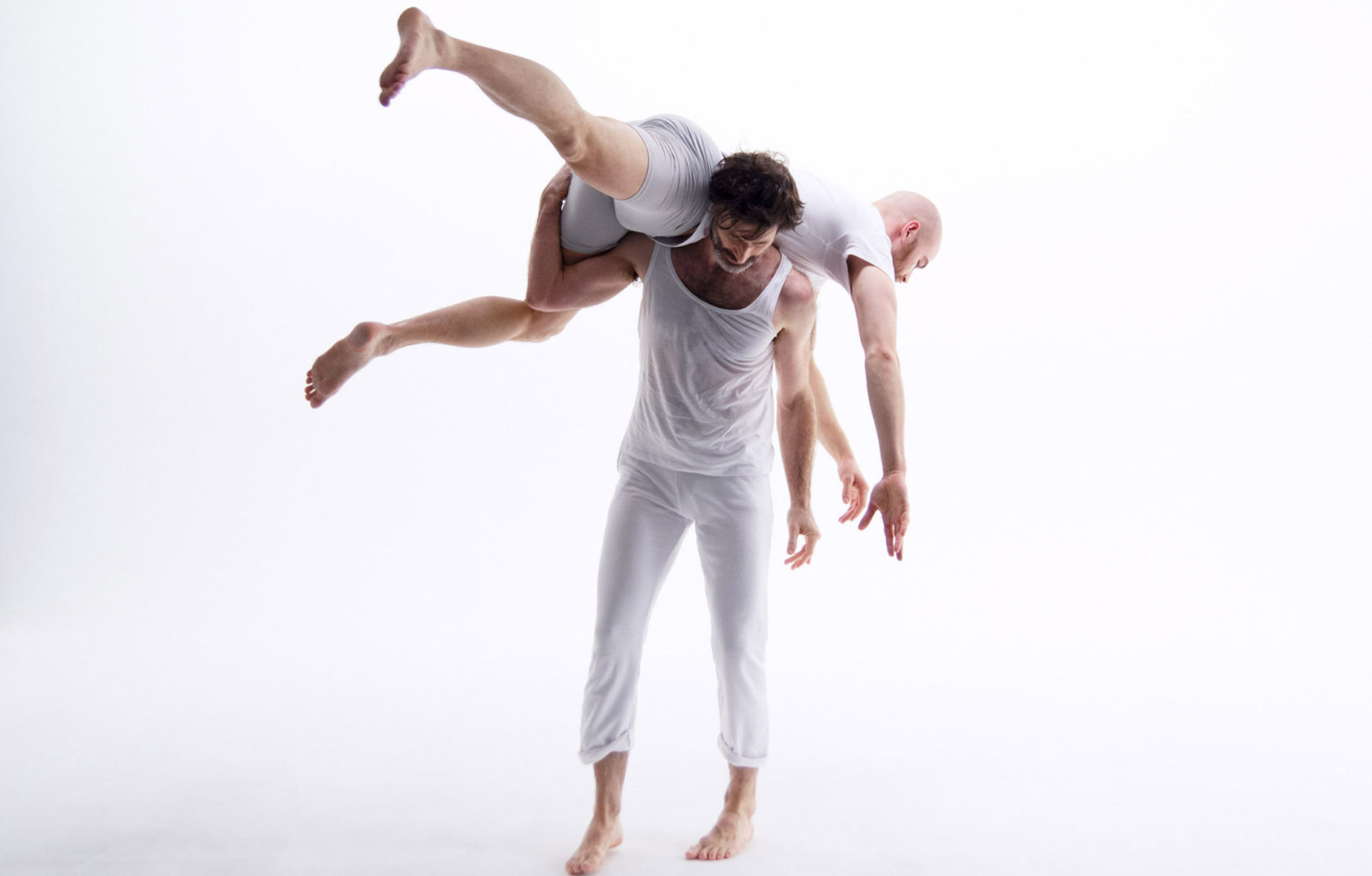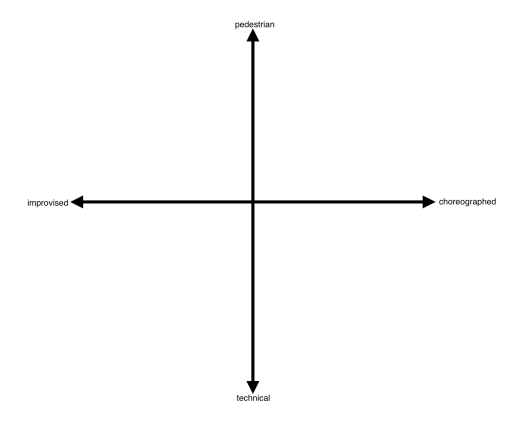What compels the belief that we have a direct access to cultural representations and their content that we lack toward the things represented?
How did language come to be more trustworthy than matter? [emphasis mine]
Why are language and culture granted their own agency and historicity while matter is figured as passive and immutable, or at best inherits a potential for change derivatively from language and culture?
How does one even go about inquiring after the material conditions that have led us to such a brute reversal of naturalist beliefs when materiality itself is always already figured within a linguistic domain as its condition of possibility?
– Barad, K 2003, ‘Posthumanist Performativity: Toward an Understanding of How Matter Comes to Matter’, Signs, 3, p. 801,

